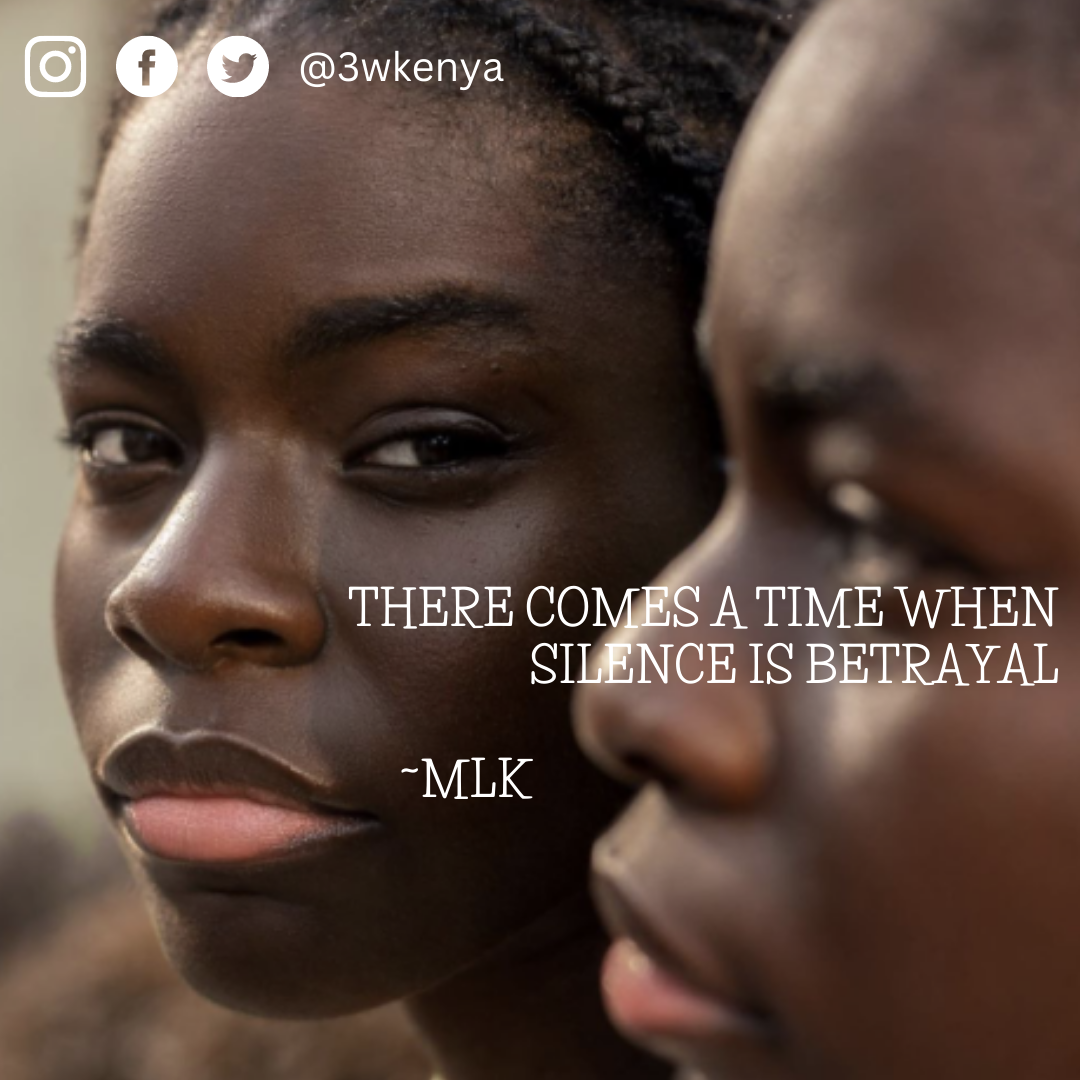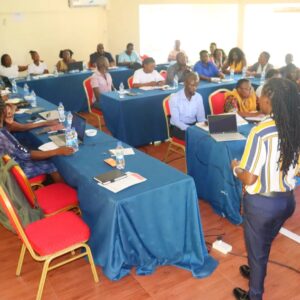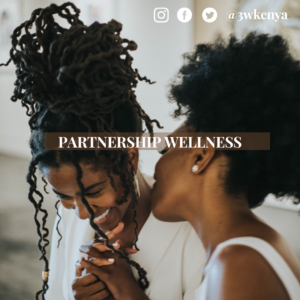THERE COMES A TIME WHEN SILENCE IS BETRAYAL
Silence is a powerful weapon. If used well it can produce great results. It can be used as a form of self-reflection, contemplation, and time for spiritual and physical healing. Silence can also be used to stop the spread of rumors, propaganda and misconception. However, if silence is chosen in some cases it can be very detrimental.
Silence is commonly used as a weapon to oppress the oppressed further. For centuries, silence has been a condition and consequence of being a woman. The notion of “being seen but not heard” is not just reserved for children. A survivor or a witness can be silenced or could choose to remain silent. When we choose to turn a blind eye on matters that affect us and others directly or indirectly we automatically pick the perpetrator’s side.
Why silence? Fear that one won’t be believed. Sometimes, the person who is being abused is financially or emotionally dependent on the abuser. In other instances, they believe the abuser to be “untouchable”; someone of status that has the means to successfully protect themselves rendering their accusations insignificant. In some cases, people choose silence because they are not knowledgeable on their rights and freedom. At times, some find the conversation very uncomfortable. Social rejection also shuns people from speaking up; they fear being excluded and being termed a ‘snitch’. Whatever the reason, we need to understand that our lives begin to end the day we become silent about the things that matter.
Is silence vicious? Silence is an insidious form of abuse because it might force the survivor to reconcile with the perpetrator in an effort to end the behavior, even if the survivor doesn’t know why they’re apologizing. People with perceive personality types might choose silence to avoid conflict and confrontation, while strong personality types use it to punish or control. Remaining silent and hoping that everything will work out or that someone else will deal with the problem is treacherous. Regardless of our position, we need to stand up to discrimination and abuse. If you are the one experiencing an injustice, maybe it’s time to say: “I can’t do this alone.” Ask someone for help.
When we can stop injustice or abuse but we stay mute, this abdicates control and allows for the status quo to remain intact. We need to use education to do our best to achieve great things, all the while advocating (and sometimes speaking) for those whose voices are unheard. In many ways, observing first-hand the trauma and difficulty that some people experience but then doing nothing to help is particularly problematic because it suggests that we are complicit with perpetuating a cycle of abuse or injustice. It is becoming imperative to become our own advocates especially if it’s clear no one else is willing. Your voice has never been more important for minorities as it is today. We will remember not the words of our enemies but the silence of our friends.



